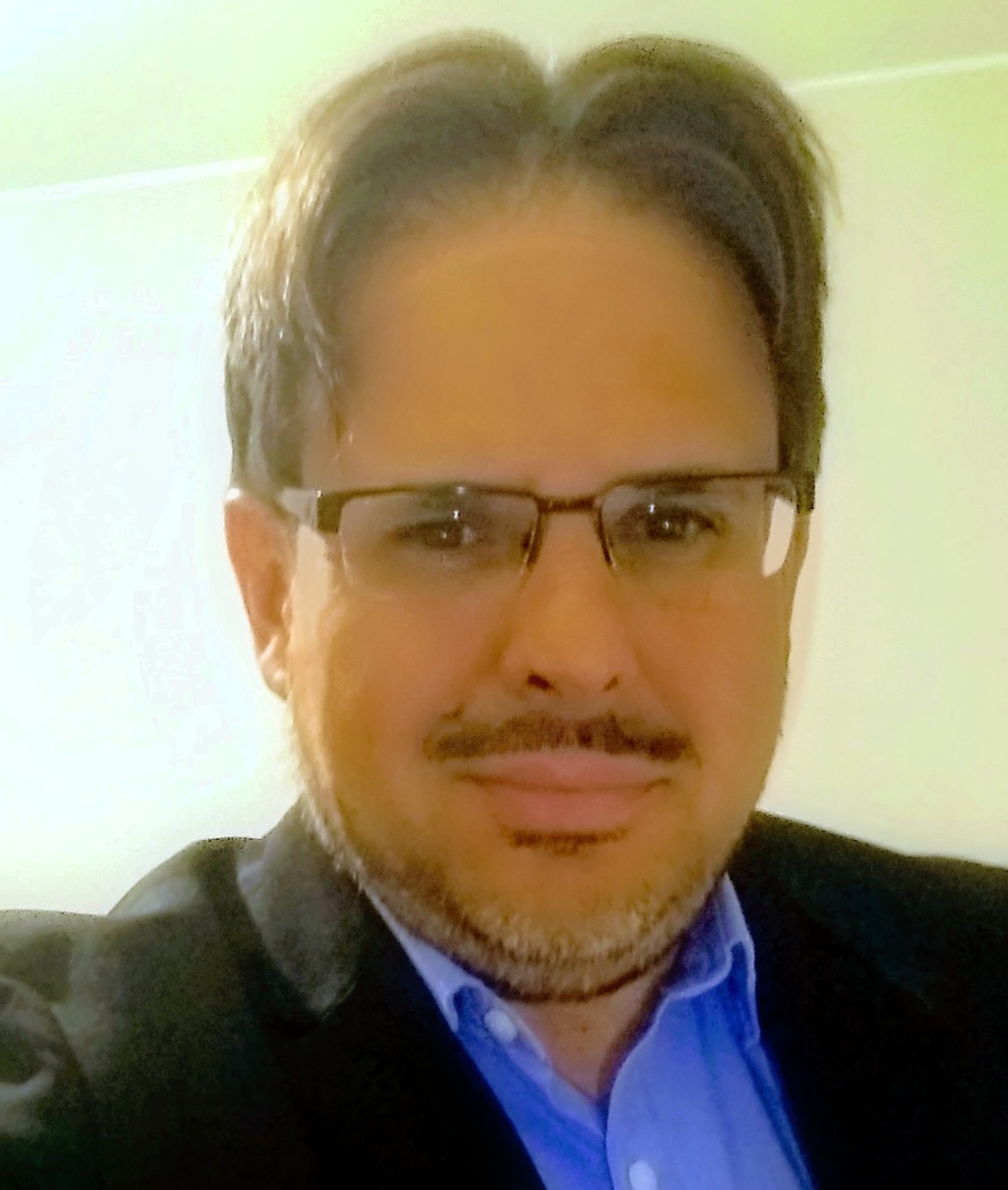Plenary Speaker

Prof. Esteban Vázquez Cano
Universidad Nacional de Educación a Distancia (UNED), Spain
Dr. Esteban Vázquez-Cano is currently professor in Faculty of Education at Universidad Nacional de Educación a Distancia (UNED) in Spain. Vice-Dean of Students Affairs, Internationalization and Social Education (2017-20). He is the Director of the Master's Degree in Educational Inspection and Supervision at UNED and his research interests focus on School Organization and Supervision, Mobile-ubiquitous Learning, Digital Language and Open and Flexible Learning, with more than 200 scientific contributions published on these topics (see Google Scholar, Publons and Scopus). Currently, he is the Project Coordinator of the Research Project entitled: “Gamification and ubiquitous learning in Primary Education. Development of a map of teaching, learning and parental competences and resources “GAUBI”. (RTI2018-099764-B-100) (MICINN/FEDER) financed by FEDER (European Regional Development Fund) and Ministry of Science, Innovation and Universities of Spain. He is also Associate Editor of the British Journal of Educational Technology (JCR Q1) and Associate editor of IJERI (ESCI). He has been invited as technical committee of more than 60 conferences around the Word (Japan, USA, Canada, Turkey, UK, Chile, Morocco, China, Italy, Puerto Rico, Czech Republic, France, etc.). Dr. Vázquez-Cano collaborates with different national and international research projects with focus on the incidence of technology in Education.
Title: New Ways of Learning VS New Ways of Recognition: Microcredentials and Short Learning Programmes
Abstract: In 2019 the European MOOC Consortium (EMC) launched a Common Microcredential Framework as a way to create a common standard to support lifelong learning for learners, universities and employers (EMC, 2019). According to the EMC framework (2019), 94% of universities offer alternative credentials, but many of these programmes are not awarded with official recognition, and consequently, with Microcredentials. National and European Qualification Frameworks are positioning the different levels of higher education qualifications, broadly corresponding with competences achieved after a bachelor, master or doctoral degree programme (levels 6, 7, 8; eventually level 5 as a foundation degree in some countries). They still do not foresee a place for qualifications for continuing education and continuing professional development, aligned with these EQF-levels. In view of the growing importance of lifelong learning and the re- and up-skilling of the highly qualified work force, the integration of qualifications for formal continuing education and continuing professional development in EQF is needed (European Area of Higher Education, Bologna Process). The new learning scenarios precise new ways of designing the official university degrees and where the Micro-Grades, Micro-Masters and Short Learning Programmes represent a new approach to meet professional and academic demands in a more flexible and adaptable format.